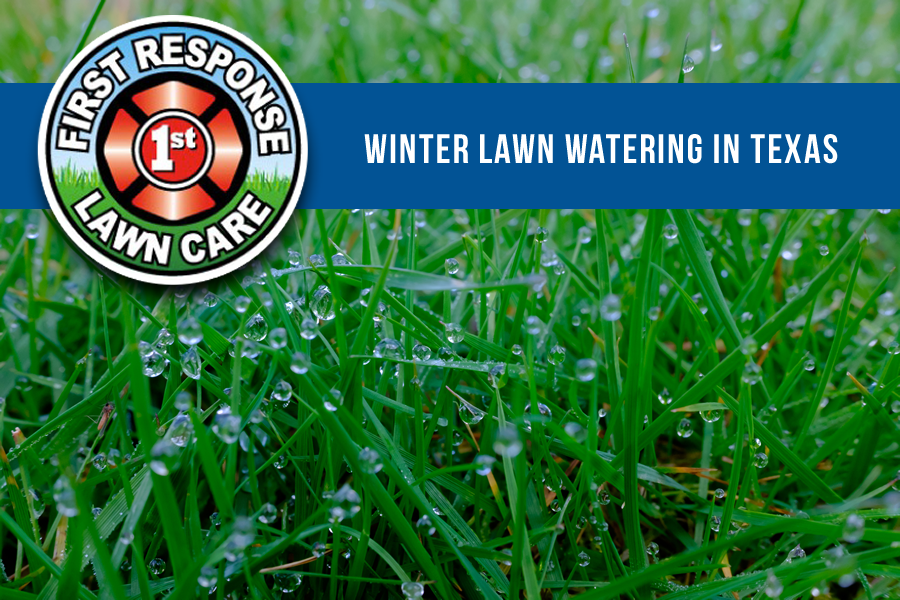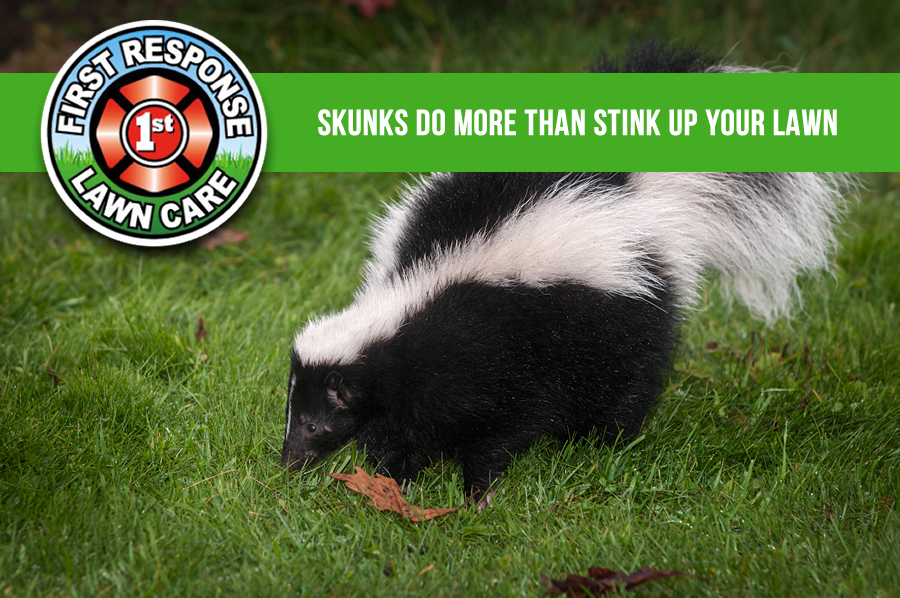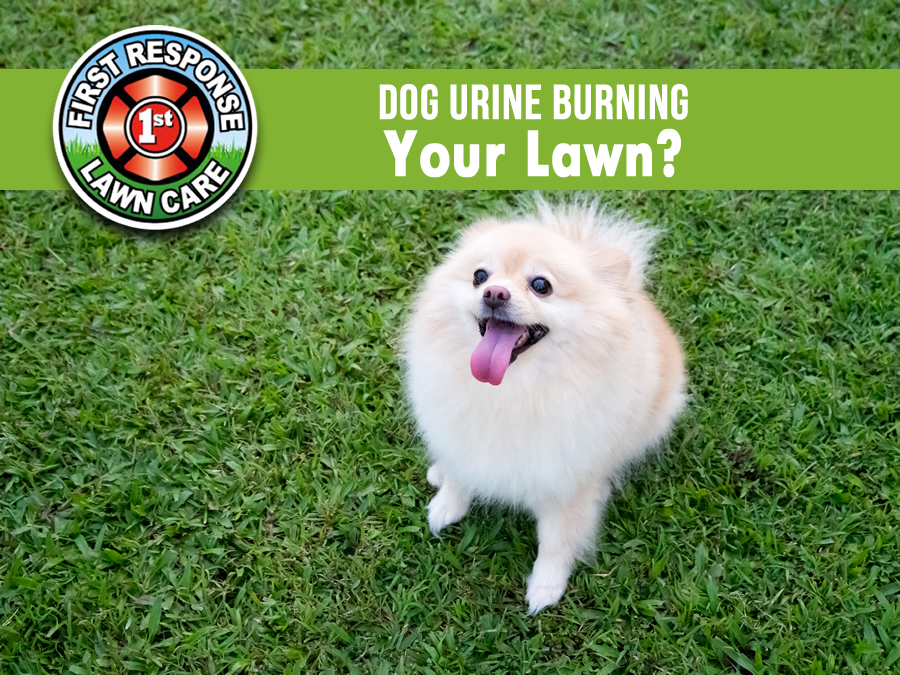
by admin | Apr 12, 2019 | Lawn Care 101, Lawn Care Royse City, Lawn Maintenance Rockwall
Long gone are the days we could pay a neighbor’s kid to mow the lawn for 5 bucks. Most home owners spend thousands of dollars each year sprucing up their lawns. Homeowners associations have gone to the extent of setting lawn standards to be abided by all home owners. Therefore the question is whether or not caring for your lawn is tax deductible?
The answer is “MAYBE”! Part of your job as a
homeowner, gardener or landscaper is to prune plants back to reduce their size
and you can also do this with your taxes. If you’re self-employed, there are
tax deductions that can trim the net amount of taxes you’ll owe.
According to the Tax Court, sole
proprietors who regularly meet clients in a home office can deduct part of the
costs of landscaping the property. The deductible portion is based on
the percentage of the home that is used for business. The Court also allowed a
deduction for part of the costs of lawn care and driveway repairs.
You can read what the IRS says about this and
learn more at https://www.irs.gov/taxtopics/tc509.
And be sure to contact First Response Lawn Care for all of your lawn care needs.

by admin | Jan 4, 2019 | Lawn Maintenance Rockwall, Pre emergent Service Fate TX, Winterizing Your Lawn
Pre-Emergent herbicides work by preventing seed germination. They don’t do much good after the weeds bloom. They’re best used as a preventative treatment in winter or summer dormant seasons.
Winter pre-emergent weed control makes warmer, heavy growth seasons manageable. During the Spring and Summer months, weeds thrive in warmer climate of these seasons. Getting a head start in the winter can keep things easy to maintain later in the season when grass is struggling to compete with weeds for water and minerals in the soil. When it comes to weed control, timing is everything. Winter pre-emergent weed control treatments are best applied before the ground temperatures rise past 50 degrees.
Professional-quality pre-emergent herbicides control target grasses and broad-leaf weeds on turf, and landscaping, Pre-emergent herbicides are weed killers that are perfect for Winter application. First Response Lawn Care has professional grade products that aren’t found at do-it-yourself outlets and retail stores.
Contact Us

by admin | Jan 11, 2018 | Lawn Care 101, Lawn Maintenance Rockwall, Watering
The burning question this week is “Should I water my lawn in the winter”? And the answer is, “YES”! Your grass needs about 1 to 2 inches of water per week, including rainfall depending upon your type of grass.
During the periods of prolonged winter drought, if the air temperature is above freezing and the soil isn’t frozen, you should water every two or three weeks for 15 to 20 minutes – just enough to provide moisture to the crown and roots and counteract the drying effects of winter winds. Time afternoon watering so grass blades don’t remain moist overnight, which minimizes the threat of fungal diseases. If your grass is long and lush, you can try deep soaking. This allows the water to penetrate deep into the sub-soil and root zone of the grass, six inches deep. If you cut your lawn severely last fall or mow it in winter so that top growth is very short, it will dry out even faster. Even in winter, it’s best to leave your grass tall.
It’s also important to know your grass type. Cool season grasses like fescue, rye or even bluegrass do not necessarily go completely dormant during the winter months. It’s a good idea to water them every now and then when there is no forecast of a hard freeze. Texas generally has Bermuda, Zoysia, St. Augustine, and centipede grasses, which are warm-season grasses. These go dormant once temperatures drop below freezing. The combinations of warm and cool season grasses might include Bermuda and rye or Zoysia combined with fescue or rye. With all these combinations, the result is often the same – a two-tone lawn.

by admin | Aug 18, 2017 | Lawn Maintenance Rockwall
We’ve been smelling a lot of skunks in our yard lately. Typically it’s when we take the dogs out later in the evening. So today’s topic is on skunks and your lawn.
Those cute little black and white striped skunks are nocturnal animals that are naturally mild-mannered and non-aggressive. They prefer small animals and insects for dinner instead of your lawn and garden. They do occasionally visit gardens and if they do, it may be because corn or other plants are close to the ground.
Skunks can be very nice to have around because they dig up and feed on grubs and other crop-destroying insect life. However, skunks are not partial to insects. They will eat leaves, buds, grasses, grains, garbage, any fruit or berries within reach, and even small game. This is what can make them a bit of a nuisance.
Why do skunks spray?
You can smell an angry skunk from miles away. A skunk can spray you from 10 to 12 feet, sideways, up, or down, with little apparent effort. Most gardeners worry more about a skunk spraying in the garden, on the gardener, or on a pet than about a skunk chewing up their lawn and garden.
Under a skunk’s tail are a pair of ducts which, in peacetime, remain hidden, but which emit a foul ammunition when they are upset. Each of the two pouches contains enough ammunition for six rounds. After the supply is exhausted, it takes a week for the liquid to replenish.
A skunk’s warfare is purely defensive. When confronted by a menacing man or clamorous dog, skunks will try to sidestep by ambling off. This means that if you find a skunk, simply turn back and you should be fine. If pursued, skunks will turn, face their aggressor, and stamp their forefeet. This is their first warning and you should run!
The second warning comes when their tails, all but the tips, are hoisted and the spray is released. People can get sprayed when they walk through their yard in the dark or disturb a skunk while eating.
How do you know if you have skunks in your garden?
Skunks are often mistaken for raccoons, because they both have five toes. Sometimes the fifth toe is hard to see in skunk tracks. Their heels usually are not part of the tracks, and their claw marks are usually somewhat visible. Often, the best way to identify skunks is unfortunately by their odor.
If your lawn or flower bed has lots of holes in it, you may have a skunk problem. Skunks dig up the turf looking for grubs. They move around at night and dig in grassy areas, making distinct 3– to 4–inch deep holes. Skunk activity increases in the spring and then lessens naturally, so any problems may stop all on their own.
Skunks sometimes feed on corn, but they only eat the lower ears. If a corn stalk has been toppled over, the culprit is more likely a raccoon. Planting taller varieties of corn can minimize this damage.
How do you get rid of skunks?
- Probably the best skunk repellent is a light. Skunks are nocturnal and their eyes are very light sensitive. A bright light or a motion sensor flood light will scare skunks away.
- Most animals, including skunks, dislike the smell of citrus fruits. Place orange or lemon peels around the yard as a natural skunk repellent.
- Spray a mixture of castor oil and dish-washing detergent diluted in water. Skunks find the smell offensive. Spray the area at night when the skunk is away foraging.
- Predator urine (e.g. dogs) can be used to repel a skunk. These are commercially sold in garden centers.
- If the skunks are in a smaller garden patch, put bars of strong–smelling soap or a room deodorizer near your garden. Skunks hate strong scents.
- If nothing works, there are humane ways for professionals to trap skunks and transport them elsewhere. Often, skunk removal by trapping is the only answer, and there just isn’t a lot you can do if it is a skunk.
- One of the best preventative methods is to treat your lawn so that you get rid of the skunk’s favorite snacks–insects.
What do you do if you or a pet are spayed by a skunk?
If you or your pet is sprayed by a skunk, try a mixture of 1 quart 3% hydrogen peroxide, ¼ cup of baking soda, and 2 teaspoons of liquid dish soap. Shampoo only the area sprayed by the skunk. We recommend wearing rubber gloves. Then using a sponge or washcloth, wet the area and work the solution into the skin (or fur) with your hands avoiding the eyes. Then rinse. There are also commercial skunk odor removers like Nature’s Miracle Skunk Odor Removal.
Hydrogen peroxide and baking soda convert the skunk musk into an odorless chemical, and the soap in the mixture breaks down the oily residue so the other chemicals can work.
First Response Lawn Care provides expert lawn treatment. Call us today to get started on a lawn treatment plan for your lawn.

by admin | Jul 7, 2017 | Lawn Care 101, Lawn Care Royse City, Lawn Maintenance Rockwall, Pet Urine Damage on Lawn
We love our dogs. What we do not love is the side effect of dog urine on our lawns. You know what we mean – those unsightly brown “burn” spots on the lawn. They make the yard unsightly and seem impossible to get rid of. And if like us, you have multiple dogs, you can quickly find yourself with a dead lawn.
How can dog urine turn your lawn brown?
Because dogs eat a high level of protein in their diet, they break the protein down and excrete it as nitrogen in their urine. The result unfortunately, can kill your lawn. You will get the same kind of burn if you put a concentrated handful of fertilizer in one spot. However, it’s interesting to note that not all dog’s urine does this, which is a mystery.
Is there anything you can do to protect your lawn from dog urine?
Here’s some advice on what pet owners can do to protect their lawn and keep their pet healthy and happy.
- Use a leash to control where your dog urinates.
- Water the lawn right after your dog urinates to dilute the nitrogen on the grass.
- Dilute your dog’s urine by encouraging them to drink more water.
- Try a different high quality dog food. Do not switch your dog’s food to a low quality, low protein food just to save your lawn. There are other ways that will not compromise your dog’s health.
- Do not put fertilizer on your burned lawn to try and bring it back. Fertilizer’s are also high in nitrogen, so you will just speed up the killing.
There is no real way to remove the spots once they are there. In fact, as mentioned above, trying to use a fertilizer to get your grass to grow back will actually make it worse. It is best to just wait until the grass comes back on its own.

by admin | Jun 2, 2017 | Lawn Maintenance Rockwall, Lawn Mowing Rockwall
We are proud to offer top-notch lawn mowing services to homes in Rockwall and surrounding cities. Mowing the lawn is something of a chore to most people, but not us. We take pride in our lawn mowing service and strive to provide you with a top notch job.
Every lawn is unique, which is why we custom tailor our approach to best meet your specific needs. Our unique lawn mowing approach takes into account variables. We consider your grass type, varying mowing patterns, weed proliferation, and ideal cut height that is just right for your yard
Did you know that it is best to leave your grass a little on the long side? Mowing your grass too short can result in stress, bald spots, and increased weed production. Cutting your lawn at the right height will allow it to grow deeper roots which require less watering. This will have positive effects on both the environment and your wallet.
Our lawn mowing technicians are skilled workers who have deep expertise in lawn mowing and lawn maintenance. They know grass, and will deliver a perfect cut each and every time they mow. First Response Lawn Care will also trim hedges, fix sprinklers, and edge your lawn. Most importantly, we stand by our work. You will be happy to stand by it too, pardon the pun.
If that sounds good to you, get a quick quote for your lawn mowing service right now online We’d love to take care of your lawn!
Lawn Mowing & Maintenance






